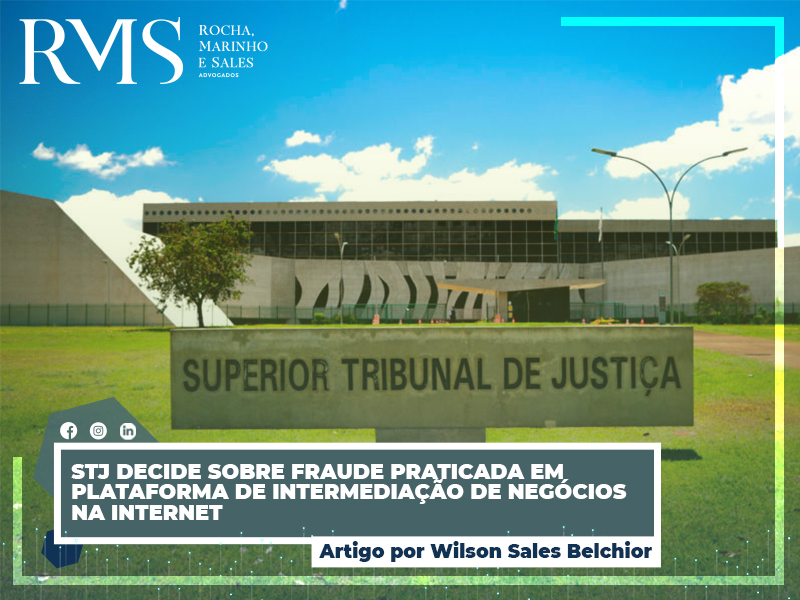STJ decides that postal service for individuals received by a third party does not prove knowledge of the process
15/02/2021

Judgment of Special Appeal 1,840,466 / SP
The Third Panel of the Superior Court of Justice decided, unanimously, in the judgment of Special Appeal 1.840.466 / SP, that the service of individuals by the Post Office takes place through the delivery of the service letter directly to the person being quoted, and must necessarily include his signature in the respective acknowledgment of receipt, under penalty of nullity of the act, in accordance with the provisions of articles 248, § 1 and 280, both of CPC / 2015, in general, the receipt by a third party outside the file is not admitted.
In the beginning, the factual situation refers to the monitorial action, aiming to receive the amount resulting from the issuance of a check. After some unsuccessful attempts at summonsing the requested party, it was determined to send an acknowledgment of receipt to the address of the company where the subject was a managing partner, a summons received by a third party. The plaintiff, in this context, maintained that there would be no nullity, considering that the address informed was the commercial establishment of the requested party.
In compliance with the sentence, after the expiry of the period for submission of the monitory embargos and the constitution of the enforcement order, a letter of subpoena was issued in order for the requested party to make the payment or file a challenge, again being received by a third party. Upon becoming aware of the process, the plaintiff filed a pre-execution exception, pointing out the nullity of the summons, with a request to reopen the term for the offer of monitory embargoes.
The first degree court decided, however, to apply the theory of appearance, rejecting the pre-execution exception, on the grounds that the postal service was sent to the address of the company of which the requested party was a managing partner. Decision maintained by the São Paulo Court of Justice, which recognized the validity of the postal service delivered at that commercial establishment. In view of this judgment, a Special Appeal was filed alleging, among other arguments, that the fact that the acknowledgment of receipt had been received and signed by a third party invalidates the citative act and all other subsequent acts, which should be declared null and void.
The Reporting Minister Marco Aurélio Bellize, in his vote, clarified that, as the individual being quoted, § 2 of article 248 and, consequently, the theory of appearance are inapplicable. That is, the service letter can only be received by a third party when the person citing is a legal entity, in which case, the delivery of the warrant is valid to the person with general management or administration powers, or to the employee responsible for receiving correspondence. .
In the case of individuals, the signature of the acknowledgment of receipt of the letter of summons by a person unfamiliar with the fact violates the civil procedural rules regarding summons by post, which are Articles 248, § 1 and 280, both of CPC / 2015. This is because, according to the Reporting Minister, “there is no way to be sure that the defendant has effectively become aware of the monitory action against him filed”.
In addition, it was consigned in the vote of the Reporting Minister that the provision of paragraph 4, of article 248, CPC / 2015, regarding the validity of the delivery of the postal quotation to the official of the ordinance responsible for receiving correspondence in building condominiums or subdivisions with access control is an exception to the rule of § 1, which requires the letter of service to be delivered to the person being quoted, under penalty of nullity. In the specific case, this exception was removed due to the lack of information that the quotation would have been sent to these spaces, or received by that official referred to in the legal wording.
Thus, the Special Appeal was upheld, reforming the judgment under appeal, due to the failure to improve the regular establishment of the procedural relationship, in order to recognize the nullity of the summons and other subsequent acts, determining that the deed be returned to the court first degree, with the reopening of the term for defense.
By: Wilson Sales Belchior




